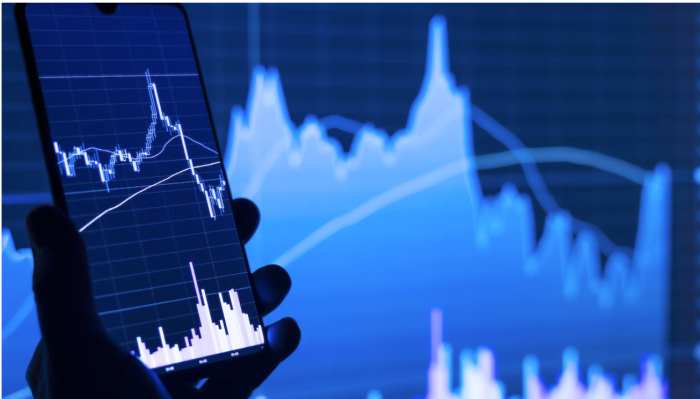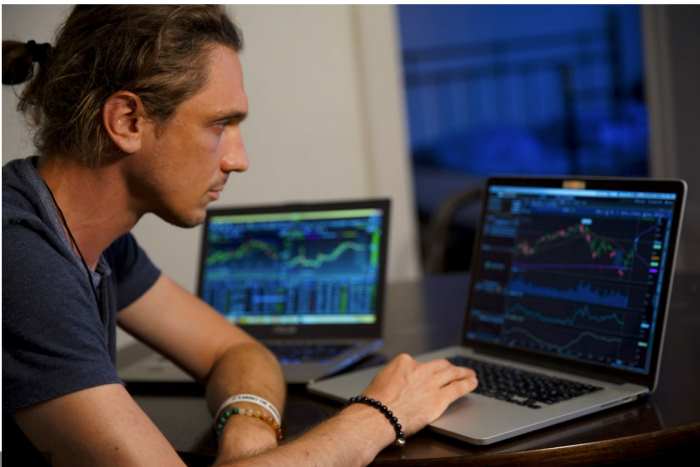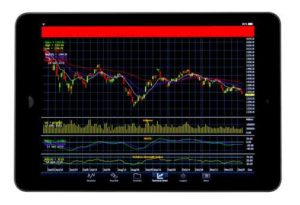Maximizing Your Investment Potential with a Trading Platform
Technology has become an integral component of daily life, including financial transactions. Trading platforms have revolutionized the modern finance landscape and enabled individuals to realize their full investment potential. Trading platforms provide numerous advantages for modern investors, including quick trade execution and in-depth market analysis.
Compare the productivity of different trading platforms
Recent research supports the idea that traders utilizing a trading platform have been instrumental in closing the gap that previously existed between investors and global financial markets. They began as simple transactional portals but have evolved into robust investing hubs providing users with real-time data, analytics, and community insight, effectively acting as powerhouses driving intelligent investment decisions backed by data.
An overview of platform functions
Trading platforms provide their customers with an array of services, with sophisticated charting tools playing an essential part. Investors can utilize these tools to research various equities quickly, analyze market trends, recognize patterns, and devise profitable investment strategies.
Automated trading options have also become an industry standard. It is estimated that almost 75% of the shares traded on U.S. exchanges will have been conducted via automated trading systems this year alone. These automated systems enable investors to set specific criteria for trades before initiating them when all criteria have been fulfilled, saving time and reducing emotionally-driven trading decisions.

Portfolio diversification success strategies
In addition, trading platforms help investors to diversify, an essential element of sound investing strategy. Investors gain access to various asset classes — including stocks and bonds — as well as futures options and cryptocurrency, creating an extensive and low-risk investment portfolio on these platforms.
Data and analytics at your fingertips
Data cannot be underestimated in today’s investment climate. There is an idea that trading platforms serve as the nexus between data and decision-making in an age when information is power. These platforms often provide investors with historical securities information as well as predictive modeling solutions so that decisions made can be fully informed by as much data available to them.
Communities and knowledge sharing
Often underappreciated is the sense of community fostered through trading platforms. Plenty of sites have forums where investors can discuss tactics, share views, and keep informed on market attitudes. This element fosters collective intelligence, allowing users to make more educated investment decisions.
The mobile trading revolution is here
Smartphone technology has greatly simplified trading. The majority of traders conduct their business via mobile devices, providing them with access to markets at all times and from any location.

Assuring Security on Trading Platforms
Trading platforms emphasize safety due to their financially sensitive business. Standard operating procedures include stringent encryption mechanisms, two-factor authentication, and frequent audits. This gives investors peace of mind that their financial data and assets remain safe.
Expanding into Algorithmic Trading
Algorithmic trading — using pre-programmed algorithms to execute trades at speeds and frequencies beyond human capability — has become increasingly popular. According to some estimates, algorithmic trading was responsible for around half of total foreign exchange trade during 2023. It gave investors a significant competitive edge by offering this style of trading that enabled them to capitalize more effectively on market opportunities.
Utilizing customization features
One feature of trading platforms that is often underappreciated is their capacity for customization. Users can tailor their experiences on these platforms to individual trading tastes thanks to the numerous personalization possibilities offered by these platforms. Investors can also build an environment conducive to faster decision-making and greater efficiency using customizable watchlists and indicators. Customization goes beyond aesthetics; it should create tools tailored specifically for individual investors’ hands.
Social trading
Social trading platforms have experienced explosive growth over this period, combining classic investing strategies with social media participation for an intuitive trading experience that allows individuals to follow and imitate experienced investors’ trades.
Backtesting: an exploit of trading platforms
Many trading platforms now make backtesting available to their users, providing investors with a powerful technique for testing their trading techniques on historical data and gauging its viability as an indicator for the prospective profitability of strategies. Investors can then fine-tune their trading tactics using simulation software in order to reduce losses, thus increasing the chance that future trades will be successful and profitable for investors.
The importance of paper trading
Also known as virtual or simulated trading, paper trading allows investors to practice their investment techniques without placing any real funds at risk, according to Bloomberg reports. Experienced traders are known to utilize this form of virtual trading frequently as they develop trading strategies or strengthen existing ones.

News integration: staying ahead of the curve
Staying abreast of financial news in today’s fast-paced trading world is crucial to staying competitive and informed. News feeds integrated into multiple trading systems allow users to receive real-time information on market-moving events as they occur. This means that investors are better positioned to respond more swiftly due to this constant flow of data, staying ahead of their competition.
Making the most of customer support
Even the most experienced investors may experience technical issues or have questions regarding the functionality of a trading platform, making customer care essential to its reliability. From diagnosing technological issues to understanding its inner workings, customer care plays a vital role.
Trading education: a life-long journey
Education in trading is an ongoing process that never concludes. A trader’s understanding must evolve along with shifting markets. Many trading platforms provide access to educational materials like seminars, articles, and quizzes for this purpose. According to a recent survey, traders utilizing such resources often experience greater investment success.
APIs (application programming interfaces) are frequently employed by experienced traders to customize their trading systems and automate trading techniques. Users are able to build custom trading apps, integrate with financial software packages, and even automate trading techniques by taking advantage of APIs’ ability to enable interaction among various software programs.
Conclusion: maximizing investment potential
Trading platforms have advanced substantially from their early days as simple brokers. Now they are all-encompassing ecosystems that encourage informed decision-making, improve trading performance, and allow portfolios to expand. Investors can maximize their investment potential if they use all available features and tools provided by these platforms, which remain reliable guides towards reaching financial objectives despite ongoing developments within investing.





